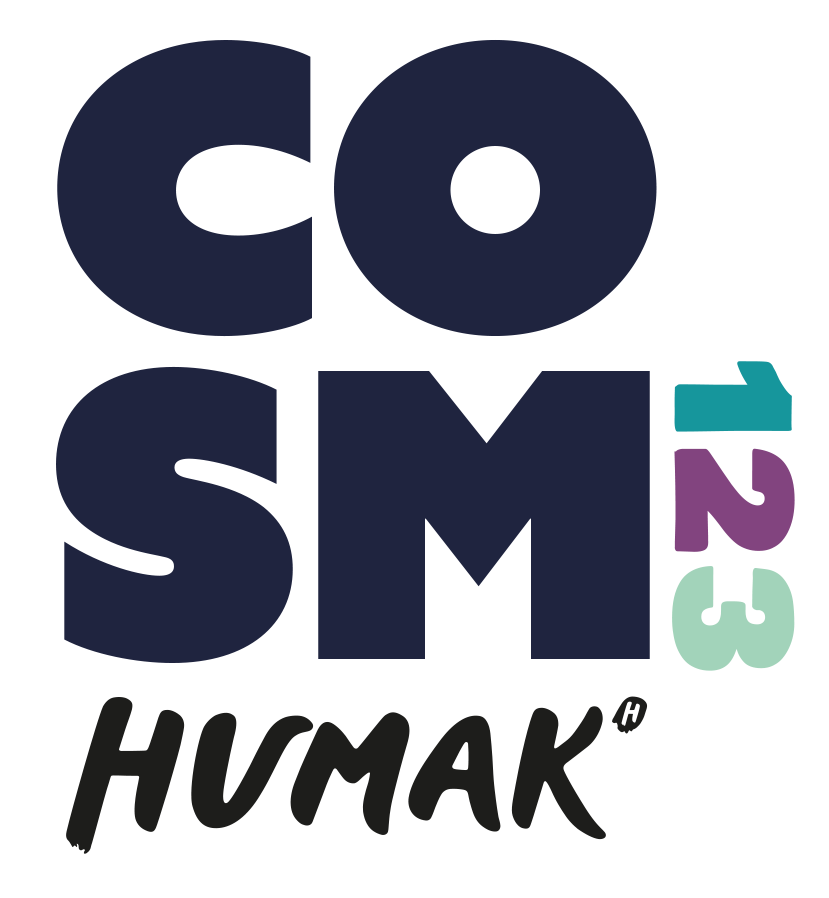December 8th, 2020 (Tuesday), 12:00 – 15:00 CET (13:00 – 16:00 Helsinki Time), online
Read the summary and watch the [21’20”] VIDEO highlights of the very first COSM Talks…
Program – downloadable PDF: COSM Talks 8.12.20 Program – file
Program:
12:00 CET (13:00 EET) | Introduction to the session (30’):
Marcin Poprawski & Pekka Vartiainen (HUMAK University of Applied Sciences, Turku, Finland)
Welcome from the HUMAK University of Applied Sciences representatives:
Jukka Määttä (Rector/CEO), Katri Kaalikoski (Head of Cultural Management)
12:30 | Roundtable discussion – Part 1. (2 x 15’ reflections + 20’discussion)
Katriina Soini (Natural Resources Institute Finland – LUKE, Helsinki, Finland)
Finding a place of Culture in Sustainability
Robert Knippschild (Leibniz Institute of Ecological Urban and Reg. Development, Dresden; Interdisciplinary Centre for Ecological and Revitalizing Urban Transformation, Görlitz, Germany) What has preservation and valorization of cultural heritage in cities and regions to do with sustainability?
13:20 – 14:00 lunch break
14:00 | Roundtable discussion – Part 2. (2 x 15’ reflections + 20’ discussion)
Jonathan Vickery (University of Warwick, Coventry, United Kingdom)
What should artists and cultural managers think about when engaging with the global discourse of ‘sustainability’?
Philippe Vandenbroeck (shiftN, Leuven, Belgium)
Towards an anthropocenic culture of collective learning
14:50 | Summary of the session (further perspectives) – 10’:
Marcin Poprawski & Pekka Vartiainen

COSM Talks series idea: https://cosm.humak.fi/cosm-talks/
COSM Talks Guests’ biograms:
Katriina Soini (PhD, Adjunct Professor) is a cultural geographer with a specialization in sustainability research and policy. Currently she works as a Principal Researcher and Research Manager at Natural Resources Institute Luke, Finland (luke.fi), but she has also worked for University of Jyväskylä and University of Helsinki as a research fellow and a teacher. She was the initiator and leader of the COST Action1007 Investigating Cultural Sustainability (2011-2015), author of several publications in this field and an editor of Routledge Studies in Culture and Sustainable Development. She is also a co-ordinator of the Finnish Expert panel on Sustainable Development promoting the voice of science in sustainability in policy and society. Besides methodological and theoretical contributions her work has focused on empirical research most often related to natural resource governance highlighting inter- and transdisciplinary approaches.
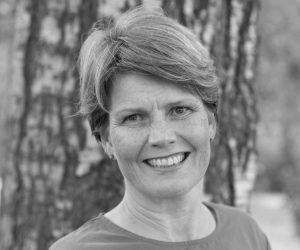
Katriina Soini
___
Robert Knippschild is head of the Interdisciplinary Centre for Ecological and Revitalizing Urban Transformation (IZS) in Görlitz at Leibniz Institute of Ecological Urban an Regional Development (ioer.de) and professor at Technische Universität Dresden. He is a spatial planner and interested in revitalization and transformation of small and medium-sized cities in peripheral regions.
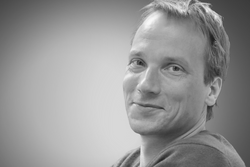
Robert Knippschild
___
Jonathan Vickery (PhD, Associate Professor) is director of the Centre for Cultural and Media Policy Studies, at the University of Warwick, UK – (warwick.ac.uk). He has set up three international masters degrees in cultural policy and creative industries, and acted as consultant for cities and arts organisations, and involved in management of a community theatre, a community festival, two arts research organisations. He has edited and written on contemporary art, management and organisational aesthetics, cultural politics, development and the public realm. He was co-editor and art director of the journal Aesthesis (2009-12) and since 2017 he has been co-Editor in Chief of the Journal of Law, Social Justice and Global Development.
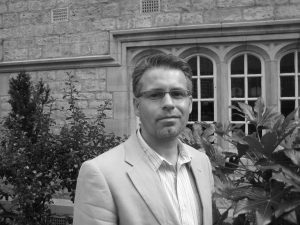
Jonathan Vickery
___
Philippe Vandenbroeck: I think I was destined to study the past rather than the future. In my teens I was fascinated by archeology, history and the intricacies of Latin. But for some reason I signed up for an engineering study. There I discovered the power of cutting through clutter and complexity by going back to first principles, materialising these ideas in a physical design, and testing whether it stood up to real world requirements. Soon after I also completed a degree in philosophy, and later I graduated in urban planning. Unconsciously I had prepared myself for my vocation as a systems practitioner. I spent some time in big organisations, but not too long, and in the mid-1990s I set up a small consultancy studio. 25 years later shiftN (shiftn.com) is still my professional home. We provide strategic services ‘to change makers for good’, relying on a mix of futures, design and systems techniques. We see it as our core task to help organisations to work through complex strategic issues in a social learning process. I’m also affiliated with AC4, the Advanced Consortium on Cooperation, Conflict and Complexity, at Columbia University and from 2021 onwards I will start a long-term collaboration with Newrope, the Design in Dialogue Lab Chair for Architecture and Urban Transformation at ETHZürich.
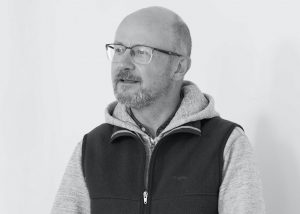
Philippe Vandenbroeck
___
COSM Talks 8.12.2020 brief summaries:
Katriina Soini – Finding a place of Culture in Sustainability. For many years – at least since the decade for Cultural Development (1988-1987) by UNESCO – culture has been finding a place in sustainability policy and discourse more broadly, while at the same time it has been present in many ways. This in a way reveals the essence of culture, as a multidimensional issue that does not fit in any strict frame. As sustainability is also a similar type of concept, it is easy to understand, why it has taken such a long time to connect these two. COST Action Investigating Cultural Sustainability was one attempt. In my speech I will shortly reflect this multidisiciplinary and multicultural journey, and elaborate the result of our work.
Robert Knippschild – What has preservation and valorization of cultural heritage in cities and regions to do with sustainability? This question will be addressed from a spatial development perspective. I will refer to experience from research projects which had been carried out in close collaboration with practitioners respectively non-academic partners.
Jonathan Vickery – What should artists and cultural managers think about when engaging with the global discourse of ‘sustainability’? My approach is to look at sustainability as a ‘policy theory’, back to the original Agenda 21 in 1992, then look at how the organisation Agenda 21 for Culture (2002>) took the original framework and went beyond a naturalist notion of ‘environment’ and created a concept of culture as ‘ecosystem’ (culture as participation, rights, etc). With some examples, I explain why sustainability is not a limiting agenda but a source of inspiration for artists and strategy ideas for managers. So the guiding question is: How should creative people and cultural managers approach sustainability policy so as to obtain inspiration and strategy ideas?
Philippe Vandenbroeck – Towards an anthropocenic culture of collective learning. Starting from the observation that ’sustainability values’ are far from a monolithic given, my thesis would be that artists and cultural managers could gear their contribution to enhancing people’s reflexivity about sustainability values, and to create fora and spaces for different sustainability-oriented philosophies and discourses to enter into a learning interaction with one another. Moving into an ‘anthropocenic’ mindset, we have to be prepared for uncomfortable questions and encounters, and we need spaces and settings that provide us with just enough security to live with and through those disharmonies.
